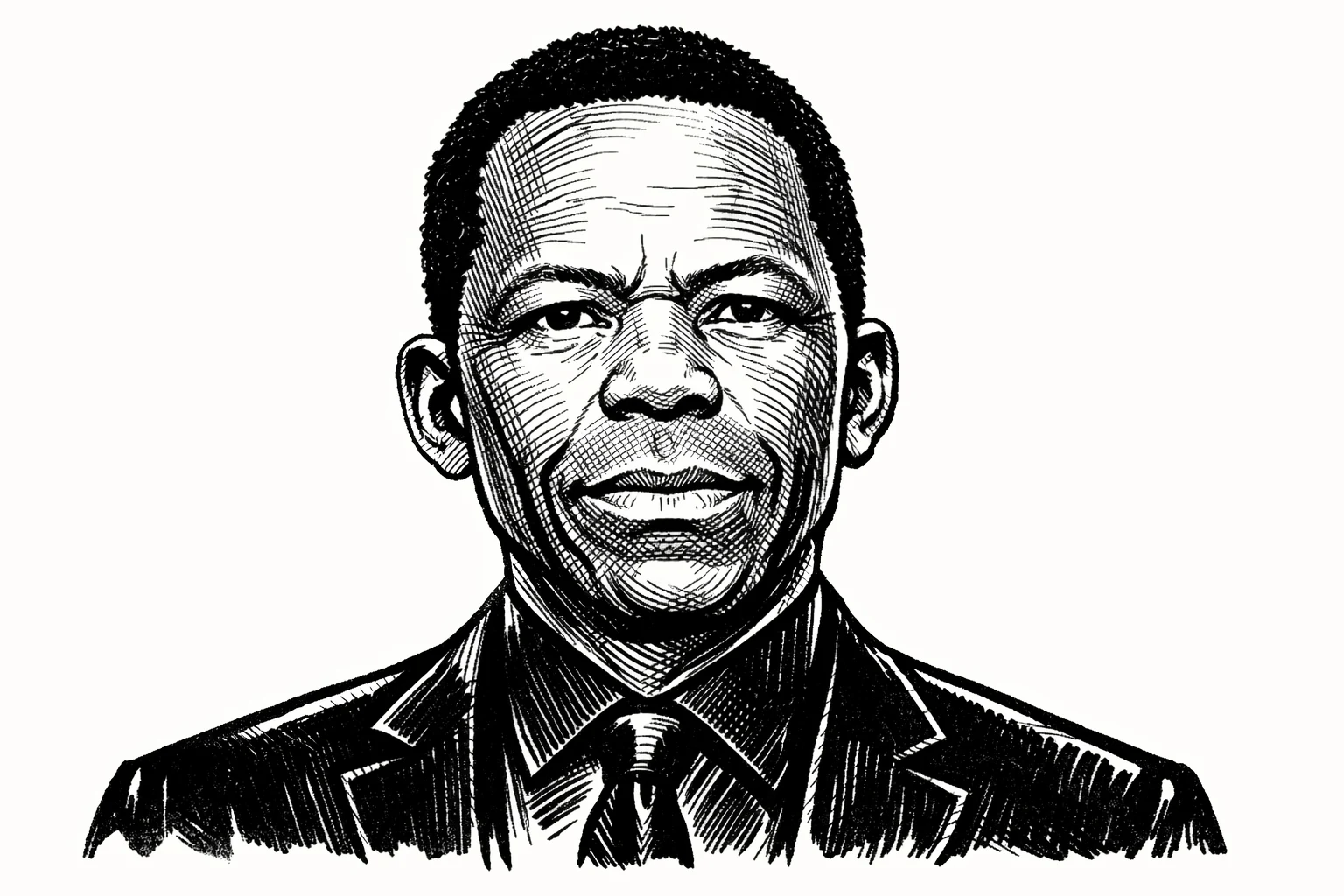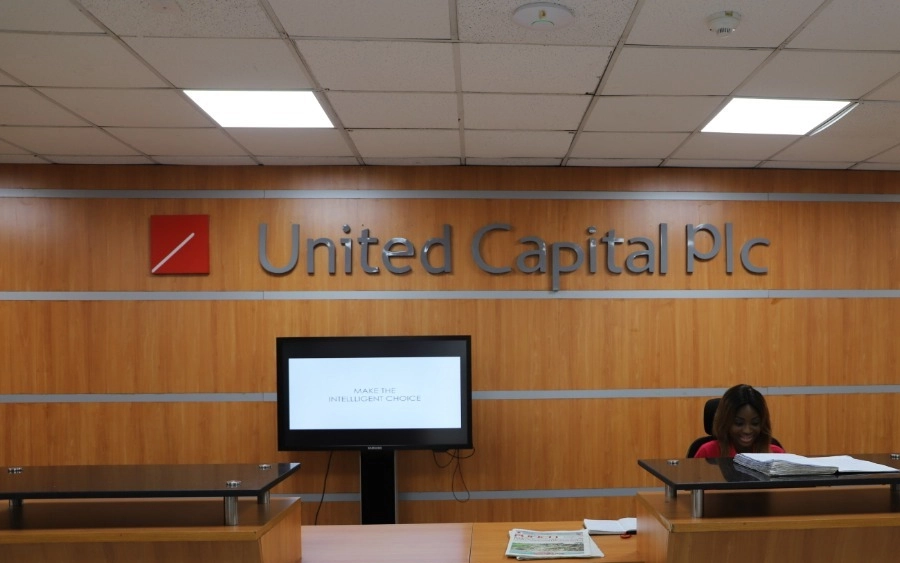The naira appreciated to ₦1526.15 per US dollar in the official foreign exchange (FX) market on Wednesday, reflecting sustained stability and increasing investor confidence. This marks an improvement from ₦1529.57 recorded the previous day, amid reduced demand pressures and strong FX liquidity.
The continued strengthening of the naira is supported by strategic Central Bank of Nigeria (CBN) interventions and growing foreign portfolio inflows. There has been improved forex market governance since the December 2024 rollout of the BMatch system, which enhances transparency and efficiency.
The International Monetary Fund (IMF) has commended Nigeria’s FX market reforms and its impact on economic stabilization. In its latest Article IV consultation, the IMF praised the surge in both gross and net international reserves, a strong current account surplus, and improved foreign investor sentiment.
“Naira stabilization and improvements in food production brought inflation to 23.7% year-on-year in April 2025 from 31% annual average in 2024,” the IMF noted, referencing new data from the Nigerian Bureau of Statistics based on a rebased Consumer Price Index. The Fund projected further disinflation in the medium term, supported by tight macroeconomic policies and an expected decline in retail fuel prices.
Medium-term GDP growth is forecast to average around 3.5%, driven by reform momentum and a more resilient macroeconomic framework. The IMF emphasized that Nigeria’s reforms have improved exchange rate price discovery and liquidity, bolstering market confidence.
IMF directors also encouraged Nigerian authorities to adopt a robust FX intervention framework aimed at reducing excessive volatility. They reiterated that the exchange rate remains a critical buffer against external shocks, reinforcing the need for a structured and rules-based FX policy.
This latest FX market performance and positive external assessment come at a pivotal time for Nigeria’s economy. With inflation on a downward trend and the naira showing resilience, the current trajectory suggests a stronger macroeconomic outlook heading into 2026.
The Central Bank’s disciplined approach to currency management, bolstered by technological upgrades and strategic interventions, continues to enhance Nigeria’s financial credibility. As the FX market aligns more closely with fundamental economic forces, the naira’s newfound stability could mark a turning point in Nigeria’s post-reform growth story.


























